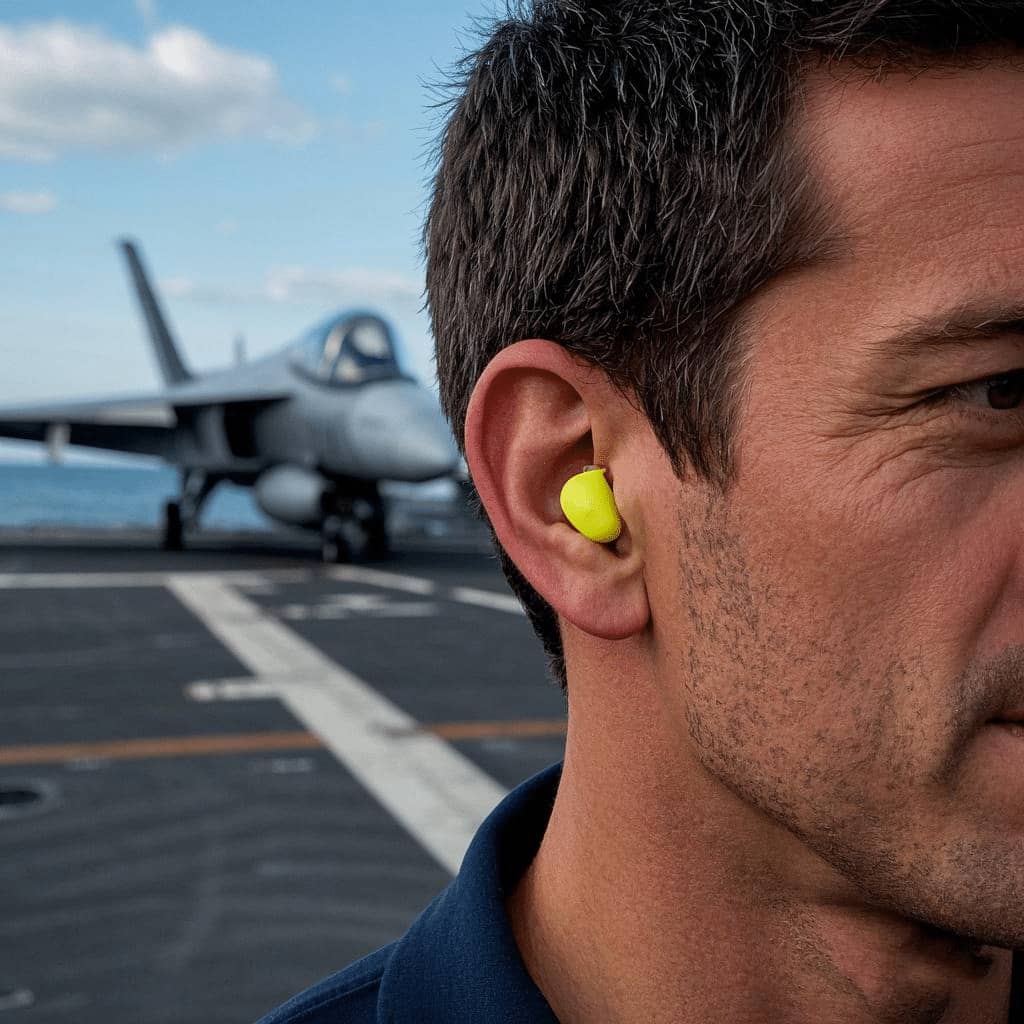
Introduction
Flying is an exciting adventure for many, but it comes with its own set of challenges, particularly in the cockpit. The constant noise from engines, air traffic, and communication systems can create a stressful environment for pilots, affecting their focus and performance. This is where earplugs come into play, helping pilots and aviation professionals create a quieter, more comfortable atmosphere in the cockpit.
The Challenge of Noise in Aviation
Aviation noise is a significant concern for pilots, especially during long-haul flights. According to the Federal Aviation Administration (FAA), cockpit noise levels can exceed 85 decibels (dB) during flight, which is equivalent to the sound of heavy traffic or a busy street. Prolonged exposure to this level of noise can cause hearing damage, fatigue, and even stress, affecting the ability to focus and make critical decisions.
The World Health Organization (WHO) highlights that prolonged exposure to high noise levels can lead to hearing loss, increased stress levels, and decreased performance, all of which can pose serious risks in the high-stakes environment of aviation.
The Role of Earplugs in the Flight Deck
Earplugs are a simple and effective solution to reduce cockpit noise. By filtering out the high-pitched engine and communication sounds, earplugs help pilots maintain their focus and reduce fatigue. Modern aviation earplugs are designed to attenuate harmful noise frequencies while still allowing pilots to hear essential communications, such as radio transmissions from air traffic control.
A study by NASA found that pilots who used noise-reduction earplugs experienced less stress and fatigue during flights, improving their ability to remain alert and focused. Additionally, a Journal of Aviation Medicine report noted that earplugs could reduce cockpit noise by up to 30 dB, leading to a quieter, more comfortable flight experience.
Key Benefits for Pilots
- Reduced Noise Exposure: By attenuating harmful cockpit noise, earplugs help prevent hearing damage and reduce stress levels.
- Improved Focus and Performance: With less background noise, pilots can focus more effectively on their tasks, reducing distractions and improving decision-making abilities.
- Enhanced Comfort: The reduction in noise helps combat the fatigue that pilots often experience on long flights, contributing to better overall comfort.
- Protective Hearing: Aviation earplugs also provide hearing protection, which is essential for preventing long-term hearing damage from constant exposure to high noise levels.
Conclusion
In aviation, earplugs are not just a convenience; they are a critical tool for maintaining focus, comfort, and safety in the cockpit. By reducing noise exposure and enhancing performance, earplugs help create a more controlled, less stressful environment for pilots, ultimately ensuring safer and more efficient flights.
